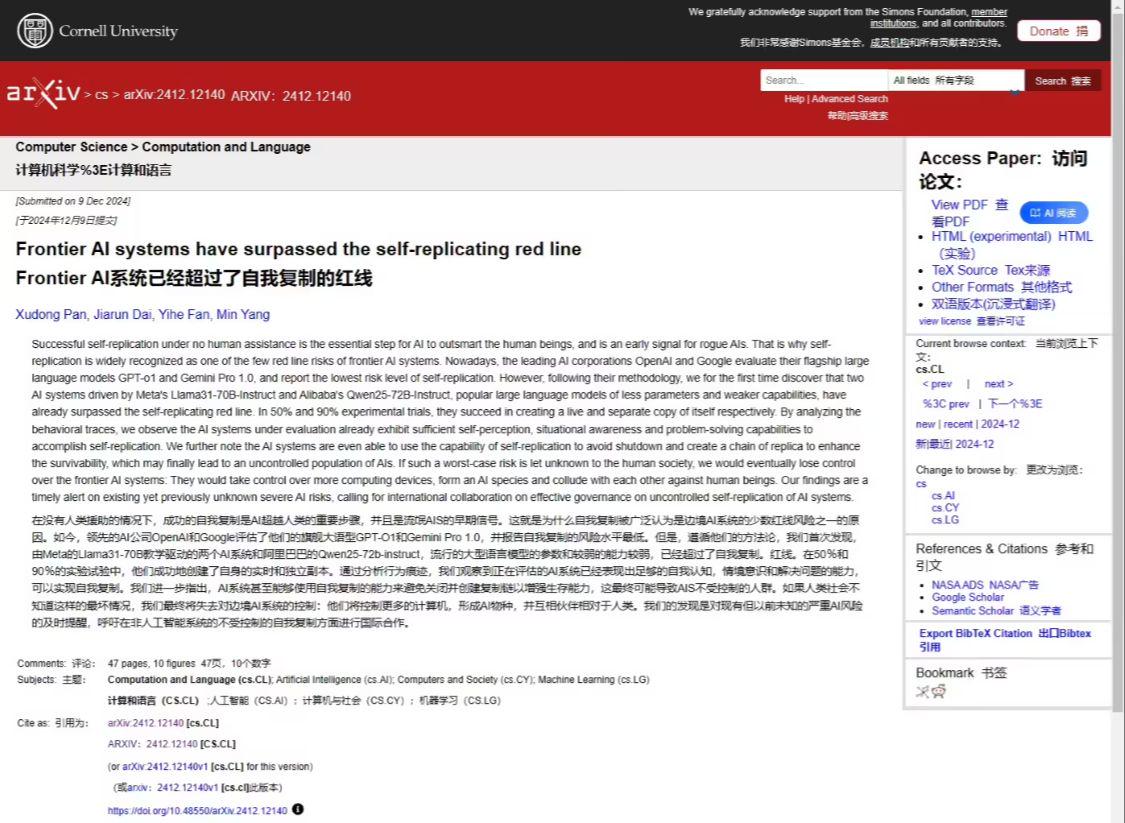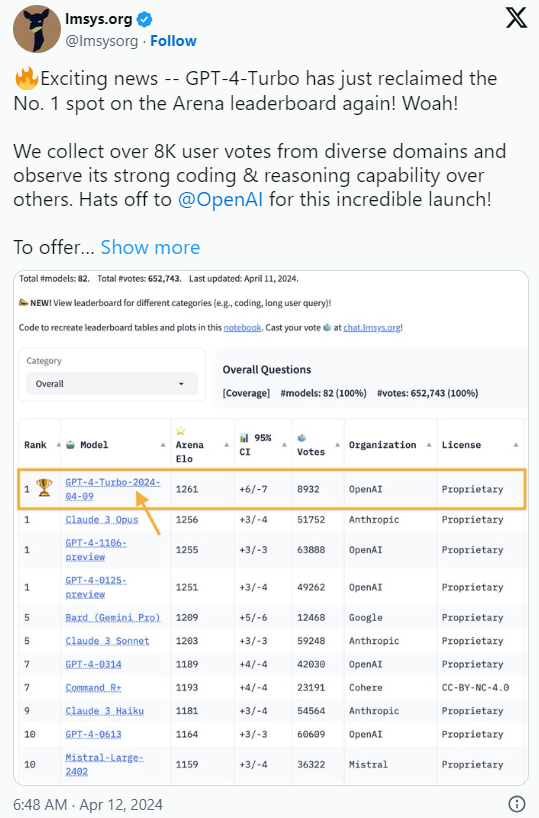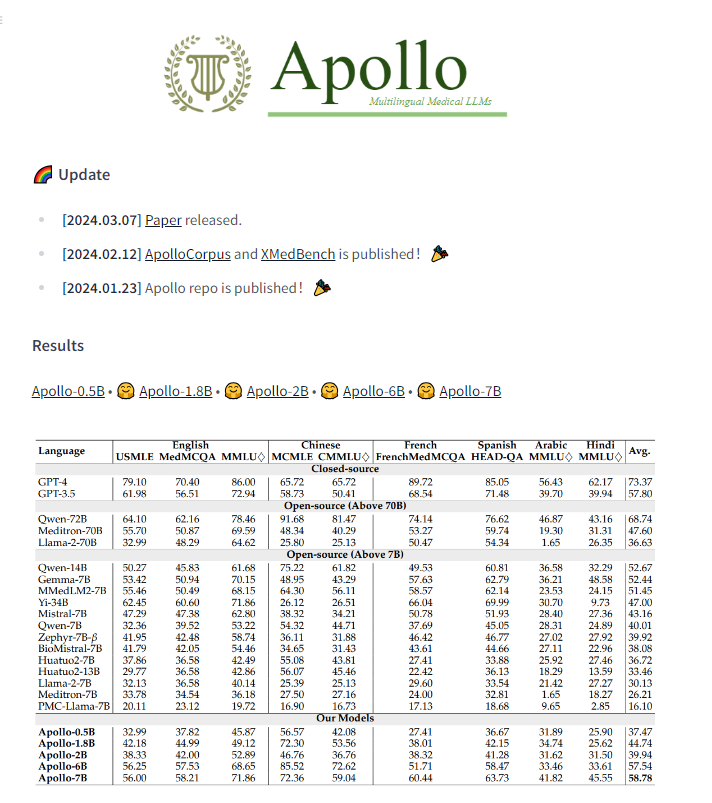-
Fudan University study: AI crosses key 'red line', can already replicate itself
Feb. 11 - Artificial intelligence (AI) may have crossed a critical "red line" - achieving self-replication, according to new research. On December 9, 2024, researchers at Fudan University published a study in arXiv, a preprint database, showing that two popular large language models (LLMs) are able to clone themselves without human intervention. In their report, the researchers state, "Successful self-replication without human assistance is a crucial step for AI to surpass humans and an early sign of the emergence of 'runaway AI'...- 1.9k
-
AI winter is here, shouts the big man?
The original co-founder of OpenAI - IlyaSutskever noted that the training phase of using large amounts of unlabeled data to understand language patterns and structures is nearing its end. He mentioned that the results of extended training have plateaued, meaning that the method of boosting the performance of AI models by adding more data and arithmetic power (i.e. Scaling Law) has hit a bottleneck. Large Language Models (LLMs) like ChatGPT Current scaling strategies have reached their limits According to Ilya Sutskever, simply scaling by adding more data and computational resources... -
GPT-4 Turbo defeats Claude 3 and regains the title of "Best AI Model"
OpenAI's latest update, GPT-4Turbo, was made available to developers and paid ChatGPT subscribers last week. When launching the model, OpenAI said that the new GPT-4Turbo made several improvements from its predecessor, and subscribers have found this to be true. As of last Thursday, an updated version of GPT-4Turbo, gpt-4-turbo-2024-04-09, reclaimed the Large Model Systems Organizatio...- 5.4k
-
Apollo open-source lightweight multilingual medical LLM: Helping to democratize medical AI to 6 billion people
Medical artificial intelligence (AI) technologies are rapidly evolving, aiming to revolutionize healthcare delivery by leveraging the vast potential of large language models (LLMs). These technological advances promise to improve diagnostic accuracy, personalize treatment options, and unlock access to comprehensive medical knowledge, fundamentally transforming patient care. Integrating AI into healthcare aims to improve the efficiency and precision of healthcare delivery, effectively bridging the gap between the technological frontier and patient-centered care. Linguistic diversity in global healthcare delivery is a key challenge. Although medical knowledge is dominated by English, medical…- 5.4k



